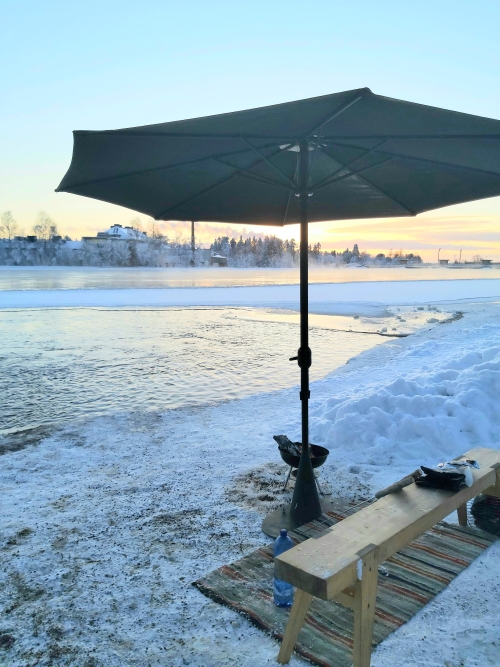7 levels of Recovery
Do you sometimes - or often - feel tired, even if you think you've slept enough? The reason for this may be that you have not recovered in some important areas of your life. There are many different types of recovery, and physical recovery is just one of them. To feel refreshed, energetic, productive, capable of learning and creative, we should recover on many levels.
1. Physical recovery. Physical recovery can be passive - such as sleep and naps - or active, such as yoga, stretching, mobility exercises and massage that improve blood circulation and range of motion.
2. Mental recovery. Do you break your working day with really refreshing things, for example by walking, listening to music, or having a leisurely chat for a while about something completely different from work with your colleagues? At night, you can promote your mental recovery by writing down the thoughts and ideas that come to your mind, after which it is easier to fall asleep again. It's worth keeping paper and a pen on the bedside table, so you don't drift off to scroll through your phone.
3. Restoration of the senses. Bright lights, computer and smart device screens, background noise and many overlapping conversations – either in the office or in Teams – can overload our senses. Have you tried relaxing your senses by sprinkling one-minute micro breaks into your day? All you have to do is close your eyes and take a few conscious breaths in and out. In the evenings, you should try to "disconnect" from various devices and come up with other things to do or just be.
4. Recovery that stimulates creativity. The recovery of this level is particularly important in terms of the ability to solve problems and come up with new ideas. Do you still remember the feeling when you for the first time saw an open fell area, a really stormy sea or heard the gentle babbling of a forest stream? When you marvel at the beauty of your surroundings every day - for example in the nearest park, forest or your home yard - you also offer yourself a moment to boost your creativity. Enjoying art also awakens your own creativity. You should decorate your workplace in a way that stimulates innovative ideas, for example with pictures of places you like or art that speaks to you.
5. Emotional recovery. Emotional recovery means you have more time and space to freely express your feelings and less need to please other people. Emotional recovery requires the courage to be authentic, to be yourself.
6. Social recovery. The gap in social recovery often arises when we don't separate relationships that exhaust us from those that give us strength. To recover more socially, surround yourself with positive and encouraging people. Even in remote meetings, you can turn on the camera and really focus on the people you are talking to.
7. Spiritual recovery. Mental and spiritual recovery involves a deep experience of belonging, of being accepted, and of some ultimate sense of purpose. Mental recovery is promoted by, for example, meditation, prayer, working for a community and pleasant hobbies. So, it's no wonder that with sleep alone we don't feel properly rested.
What type of recovery would you most need right now?
You can read more about the different types of recovery here:
Dalton-Smith, S. 2021. The 7 types of rest that every person needs. https://ideas.ted.com/the-7-types-of-rest-that-every-person-needs/


